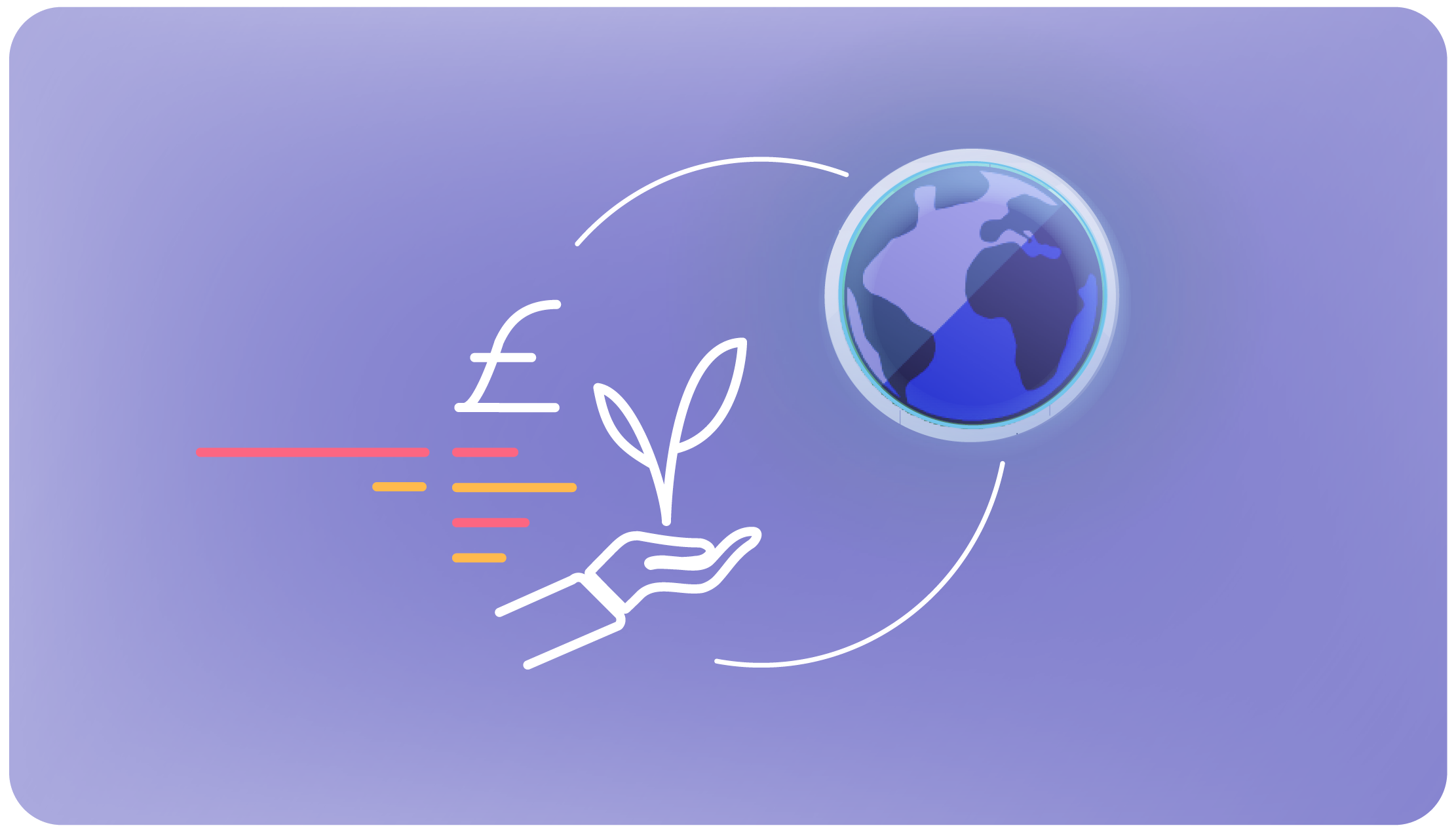Your read progress
What are the pros and cons of switching banks?
4 minute read
Updated 15th September 2025 | Published 28th November 2023
.png)
Once upon a time, we used to open our first bank account and stay with that same provider forever. But times have changed, and so have our attitudes towards banking. In the same way we look for the best deals on things like our car insurance or our mobile provider, many choose to do the same with their bank.
In this blog, we’ll run through the advantages and potential disadvantages of switching banks. We'll share tips about finding the best current accounts to move to and we’ll also tell you when isn’t a good time to switch.
The pros of switching banks
So let’s start by looking at the pros of making the switch...
A switching bonus/reward
Competition between banks is fierce so all are looking to attract new customers. Many of them even offer a cash reward simply for switching to them. Some can give you as much as £200 credited directly into your new bank account while some others promise you cashback on purchases you make.
A better interest rate
For a long time, interest rates have been low but over the last couple of years they have been rising. This means that there may be accounts out there offering better interest rates than you may be getting at the moment. And that’s going to mean your money’s working harder for you.
Extra benefits
Depending on which account you choose, it may include extra benefits. From discounts from specific retailers to complimentary mobile phone or travel insurance. It's worth noting that there may be an extra monthly charge for these types of accounts.
Useful digital banking tools and features
Through their app or website, different bank accounts can offer different useful services. From "freezing" your debit card if it's lost or stolen to ordering travel money before you go on holiday. Some banking apps also include features to track spending habits or make saving money fun.
Lower overdraft fees
If you’re someone who sometimes has to use your overdraft the fees can prove to be expensive. Overdraft fees vary from bank to bank. So it’s definitely worth shopping around and factoring this into your decision.
Better customer service
Even though most of our banking is now done remotely, customer service still counts. The best way to discover the level you can expect is by checking out other customers’ experiences. Smart Money People gives bank accounts a rating out of five to help you compare them.
Convenient branch location
With the recent surge in branch closures, your local bank may have recently shut down. Is in-person banking important to you? If you answered yes, switching to a bank with a nearby physical branch could be an important factor for your consideration.
The cons of switching banks
There are some clear advantages to switching current accounts. But there are also some factors to be wary about.
It could affect your credit score
One of the key questions that people thinking about switching ask themselves is “does switching banks affect my credit score?”. The answer is “maybe”. This is because many banks will carry out a hard credit check which will go on your credit file. Having too many of these in a limited period of time will negatively affect your credit score. There is a more comprehensive explanation of when it can have an impact here.
It's never a good idea to switch bank accounts if you’re planning to apply for any kind of loan, credit card or mortgage within the next six months.
It can be a hassle
In theory, the Current Account Switch Service will do the bank switching for you. Using the free service means all your direct debits and standing orders will transfer over to your new bank within seven days. However, you will likely need to inform individuals or organisations about your new bank account. This could take up valuable time.
You may not get the same overdraft facility
Your existing bank will have set your overdraft level based on your banking history with them, so a new one may well be lower. It could also be that the fees and restrictions for using your overdraft will be higher too. It’s vital that you do your research before committing to a switch.
You may not get the same level of customer service
Not all banks are the same. So it’s important to read the reviews that other customers have written to be sure that you’ll be getting the level of service that you need.
Summary
Like any financial decision, switching current accounts is one that needs plenty of thought and research. You need to weigh up whether it will be to your advantage.
It can be worth checking out where you’ll be getting award-winning service. And if you’re wondering which banks offer switching rewards you’ll also be able to check this out online by heading to the Be Clever With Your Cash website.
As for the process itself, it should be fairly fast and straightforward. So now could be the time to start making that switch.
Written by Errolyn
Senior Content and Social Media Executive
As Featured By
Join our mission
We use the power of consumer reviews to help increase trust and transparency in financial services and to deliver industry leading insight and events.
Write a reviewExplore our other topics

News: Awards

News: Industry news

News: Smart Money People news

Guides: Smart money guides

Guides: Smart money tips


.jpg)

.jpg)
